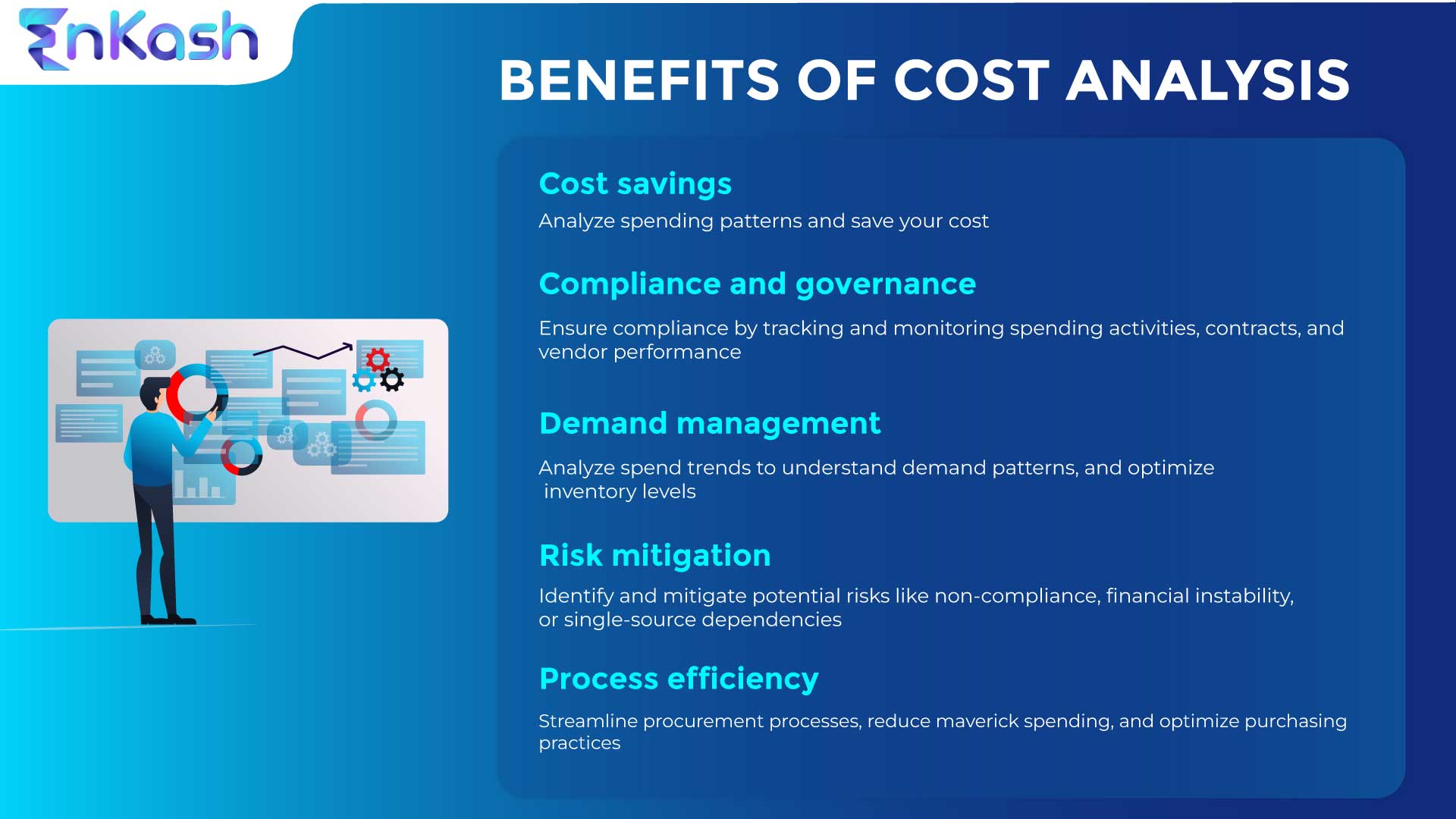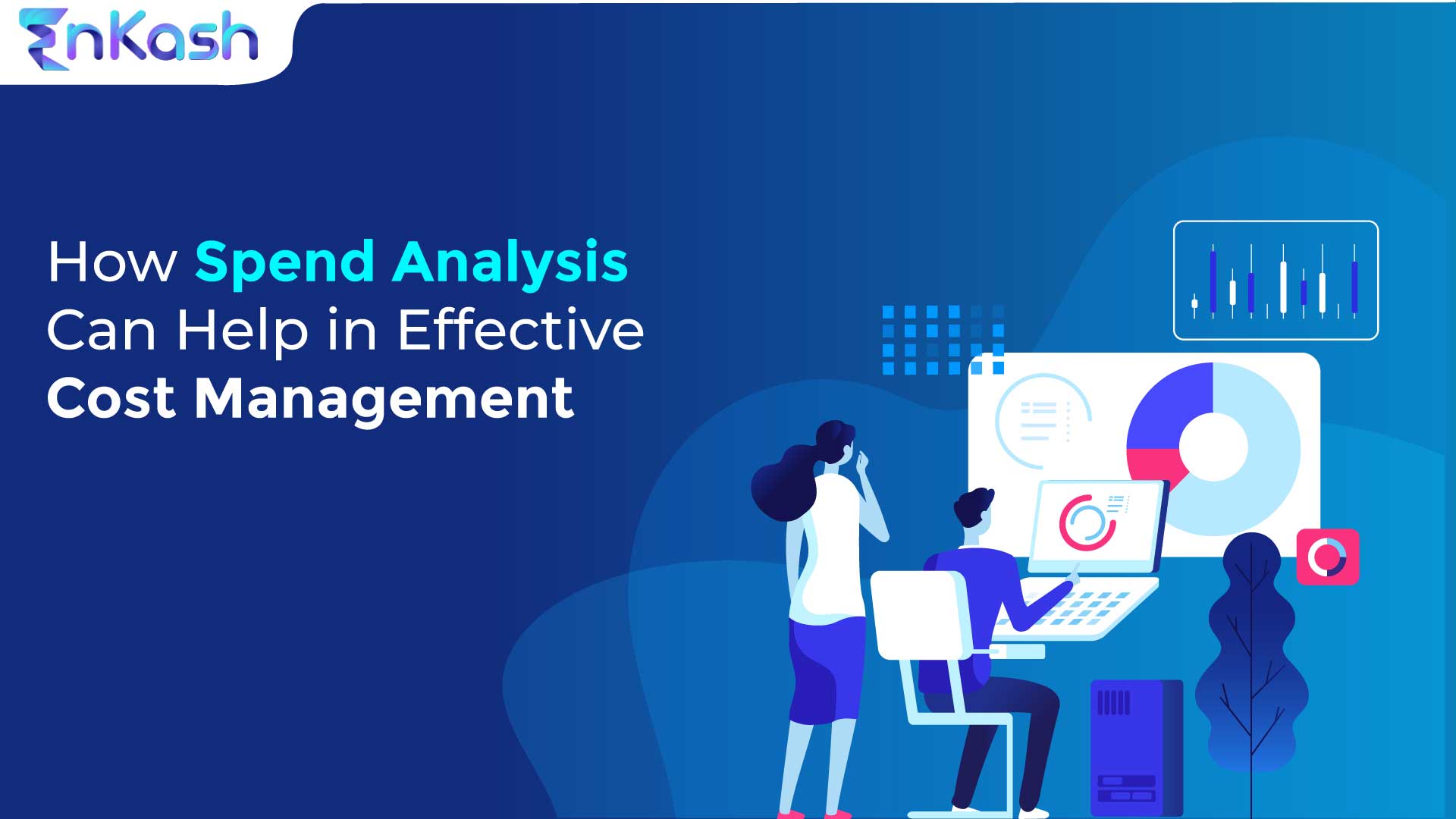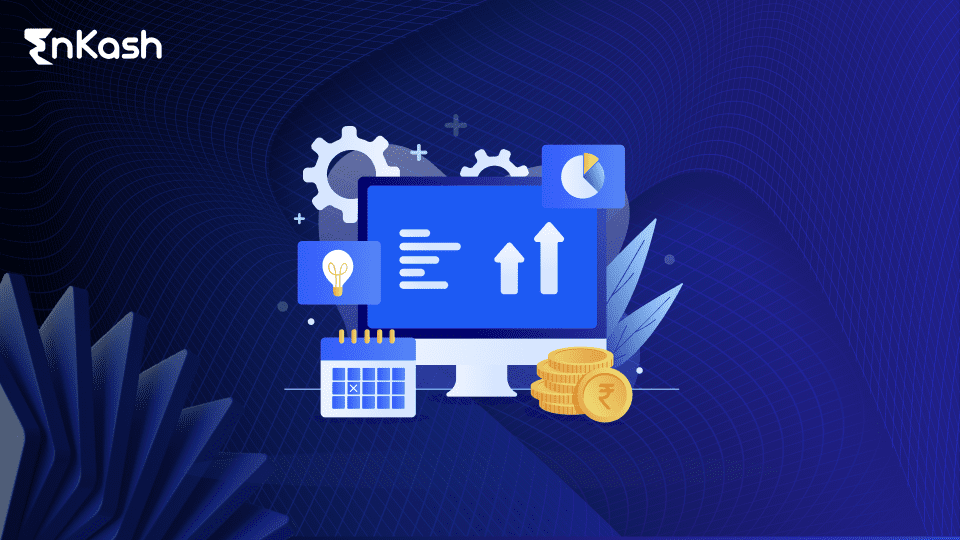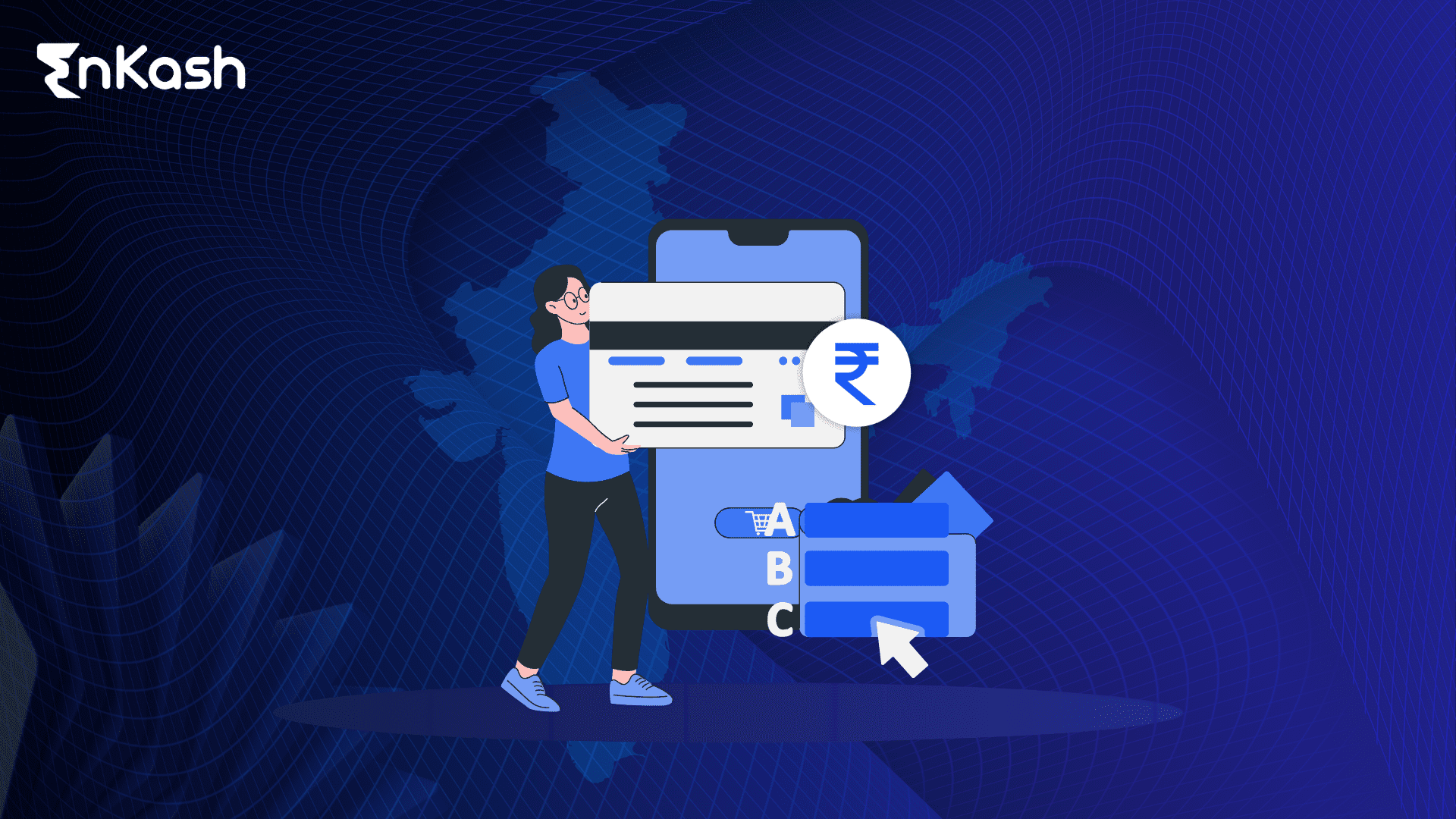In today’s competitive business landscape, cost management plays a crucial role in the success and sustainability of any organization. Controlling expenses and optimizing spending are essential for maintaining profitability and driving growth.
One effective tool that can significantly contribute to the cost of spend management tools is — Spend Analysis. By thoroughly examining expenditure patterns and identifying opportunities for improvement, businesses can make informed decisions to reduce costs and enhance their bottom line. Going further, we will explore how spend analysis can help in effective cost management, its key components, analyzing expenditure patterns, driving cost reduction initiatives, and future considerations, and conclude with the importance of this practice.
Understanding Spend Analysis
Spend analysis is collecting, cleansing, categorizing, and analyzing procurement data to gain insights into an organization’s spending habits. It provides a comprehensive view of all expenditures across various categories, such as goods, services, and suppliers, including direct and indirect costs. The main objective of spend analysis or spend control is to identify opportunities for cost reduction, streamline procurement processes, negotiate better contracts, and enhance overall operational efficiency.
Components of Spend Analysis
To perform an effective spend analysis, several key components need to be considered:
- Data collection: Gathering data from various sources, such as financial records, purchase orders, invoices, and contracts, is the first step. This data should be accurate, comprehensive, and easily accessible
- Data cleansing: Ensuring data accuracy and consistency is vital. This involves removing duplicates, standardizing descriptions, and correcting any errors or inconsistencies in the data
- Data categorization: Categorizing expenditures into meaningful groups enables better analysis and identification of spending patterns. Common categorization methods include supplier segmentation, spend control category classification, and purchase type classification
- Data analysis: Using advanced analytical techniques, such as data visualization, statistical analysis, and trend identification, to uncover insights and patterns within the expenditure data. This analysis helps identify areas of excessive spending, supplier consolidation opportunities, and potential cost-saving initiatives
Analyzing Expenditure Patterns
One of the primary benefits of spend analysis is gaining a deep understanding of expenditure patterns. By analyzing historical spending data, organizations can identify trends, anomalies, and areas of high expenditure. This analysis helps pinpoint cost drivers, such as excessive spending on specific suppliers or categories, redundant purchases, or inefficient procurement processes.
Furthermore, spend analysis enables organizations to compare spending across different periods, business units, or geographical locations. This allows for benchmarking and identifying best practices within the organization, promoting cost-saving initiatives, and driving improvements in procurement processes.
Driving Cost Reduction Initiatives
Spend analysis provides valuable insights that can drive cost-reduction initiatives across various areas:
- Supplier rationalization: Identifying and consolidating suppliers can save costs through volume discounts, improved negotiation power, and reduced administrative efforts. Spend analysis helps identify opportunities for supplier consolidation and assess supplier performance based on factors such as pricing, quality, and delivery.
- Contract optimization: Organizations can identify areas for negotiation and renegotiation by analyzing contract terms and conditions. Spend analysis helps identify contracts that are up for renewal, uncover opportunities for cost reduction, and ensure compliance with contract terms
- Demand management: Understanding expenditure patterns helps identify areas of excess demand or inefficient resource allocation. By promoting awareness and implementing demand spend management tools and strategies, organizations can reduce unnecessary spending and optimize resource allocation
- Process efficiency: Spend analysis allows organizations to identify bottlenecks or inefficiencies in procurement processes. By streamlining processes, eliminating redundancies, and implementing automation, organizations can achieve cost savings and improve operational efficiency
Future considerations
As technology advances, spend analysis is evolving to provide even more significant benefits for effective cost management. Some future considerations include:
- Artificial intelligence and machine learning: Utilizing AI and ML algorithms can enhance spend analysis by automating data collection, cleansing, categorization, and analysis processes. These technologies can uncover complex patterns, predict future spending trends, and provide real-time insights for proactive cost management
- Predictive analytics: By combining historical spending data with market trends and external factors, predictive analytics can forecast future spending patterns and help organizations proactively plan cost-saving measures
- Supplier collaboration: Collaboration platforms and supplier portals can facilitate closer relationships with suppliers, promoting transparency, efficiency, and joint cost-saving initiatives
Conclusion
Spend analysis is a powerful tool that enables organizations to manage costs effectively by gaining insights into expenditure patterns, driving cost reduction initiatives, and enhancing overall operational efficiency. By leveraging the components of spend analysis and analyzing expenditure patterns, businesses can identify areas of excessive spending, streamline procurement processes, and negotiate better contracts.
Moreover, future considerations such as AI and ML, predictive analytics, and supplier collaboration promise to take spend analysis to new heights, revolutionizing cost management practices. With spend management platforms like EnKash, implementing a robust spend analysis process can provide a competitive advantage. It can also pave the way for sustainable growth in today’s dynamic business environment.

FAQs
-
What is spend analysis, and how does it contribute to effective cost management?
Spend analysis involves collecting, cleansing, categorizing, and analyzing procurement data to gain insights into an organization’s spending habits. It helps identify cost reduction opportunities, streamline procurement, negotiate better contracts, and enhance operational efficiency, all contributing to effective cost management.
-
What are the key components of spend analysis?
The key components of spend analysis are data collection from various sources, data cleansing to ensure accuracy, data categorization for meaningful insights, and data analysis using advanced techniques like data visualization and statistical analysis.
-
How does spend analysis help identify cost drivers and improve spending?
By analyzing historical spending data, spend analysis helps identify trends, anomalies, and areas of high expenditure. It pinpoints cost drivers such as excessive spending on specific suppliers, redundant purchases, or inefficient procurement processes, enabling better spending decisions.
-
How does spend analysis drive cost reduction initiatives?
Spend analysis supports cost reduction initiatives through supplier rationalization, contract optimization, demand management, and process efficiency. It identifies supplier consolidation and renegotiation opportunities, reduces excess demand, and streamlines procurement processes.
-
What are the future considerations for spend analysis in cost management?
The future of spend analysis includes leveraging artificial intelligence and machine learning for automation and complex pattern recognition. Predictive analytics will forecast spending trends, while supplier collaboration through platforms and portals will enhance transparency and cost-saving opportunities.
-
How can spend management tools like EnKash benefit cost management through spend analysis?
Spend management tools like EnKash offer robust spend analysis capabilities, providing insights for identifying cost-saving opportunities, streamlining procurement, and improving profitability in today’s dynamic business environment.













